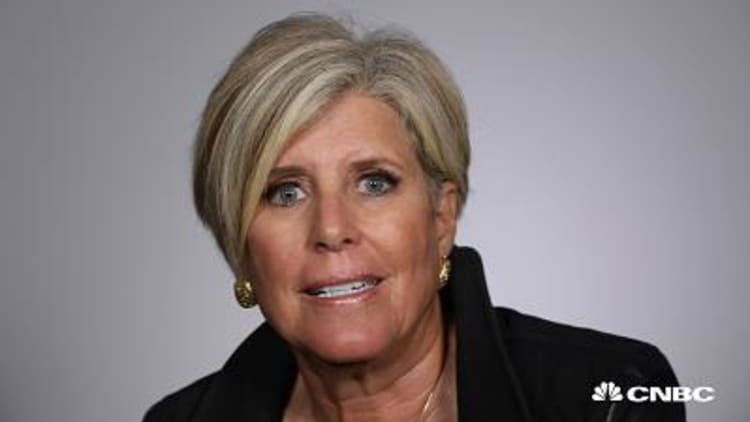Saving enough to retire isn't always easy, and neither is living for years on what you've managed to save. A recent GOBankingRates survey found that 42 percent of Americans currently have less than $10,000 saved for retirement. Meanwhile, those aged 65 and older spend an average of almost $46,000 a year, reports the U.S. Bureau of Labor Statistics.
If you carefully, however, and retire in a place where the , it's easier to get more for your money. To find the most affordable places to retire in America, GOBankingRates "used cost-of-living indices from Sperling's Best Places to compare the cost of housing, groceries, transportation, utilities and health in 150 U.S. cities."
The researchers then used that data, along with U.S. Bureau of Labor Statistics data on average annual expenditures for adults 65 and older, to predict annual expenses in each city, and narrow the list down to 50.
In Saint Petersburg, Florida, the priciest place to retire on the list, total annual expenses are $43,513, annual housing costs are $16,188 and annual health care costs are $9,650. In Birmingham, Alabama, the most affordable place to retire, by comparison, annual expenses are more than $22,000 cheaper.
Based on the data, here are the five most affordable places to retire in America.
1. Birmingham, Alabama
Annual expenditures: $33,219
Annual amount spent on housing: $8,988
Annual amount spent on health: $4,915
The cost of living in Birmingham is 27 percent lower than the national average, says GOBankingRates, and "the annual amount spent on health here is the lowest on our list." The city also has the third-lowest transportation costs and lowest annual amount spent on housing.
2. Detroit, Michigan
Annual expenditures: $33,356
Annual amount spent on housing: $8,988
Annual amount spent on health: $5,994
While Detroit is currently No. 2 on this list, it may not be in that position for long. "The city is creating a 50-block sports and entertainment district. New restaurants, galleries, markets and community gardens are popping up, and vacant buildings are being redeveloped." So the cost of living is rising.
3. Jackson, Mississippi
Annual expenditures: $33,676
Annual amount spent on housing: $9,480
Annual amount spent on health: $5,514
"Mississippi's capital is one of the cheapest places to retire thanks to a cost of living that's 26 percent below the national average," GOBankingRates notes. Jackson also has the third-lowest annual amount spent on housing and has the fourth-lowest grocery costs.
4. Memphis, Tennessee
Annual expenditures: $33,859
Annual amount spent on housing: $10,020
Annual amount spent on health: $5,694
The cost of living in Memphis is 26 percent lower than the national average. The city is also among the lowest in annual amount spent on transportation, utilities and housing.
5. Augusta, Georgia
Annual expenditures: $35,781
Annual amount spent on housing: $10,116
Annual amount spent on health: $5,574
Augusta's cost of living is 22 percent lower than the national average, says GOBankingRates, and the city has the sixth-lowest annual amount spent on housing.
While plenty of Americans aren't on track to save enough to retire, the percentage of those who are is growing. From 2017 to 2018, says GOBankingRates, the percentage of adults with nothing saved has fallen, while "those with $300,000 or more in a retirement nest egg has increased." So "the tide might be turning when it comes to retirement savings."
If you want a secure retirement, consider and employing some .
And since Americans are living longer, writes award-winning financial advisor and former CNBC host Suze Orman, you may need to save more: "You likely have plenty saved up to breeze through 15 years or so of retirement. But if you stop working in your 60s, your retirement stash might need to support you for 30 years, not 15."
Here are some to get started.
Like this story? Subscribe to CNBC Make It on YouTube!
Don't miss: Suze Orman says 70 is the 'new retirement age'—and research backs her up




